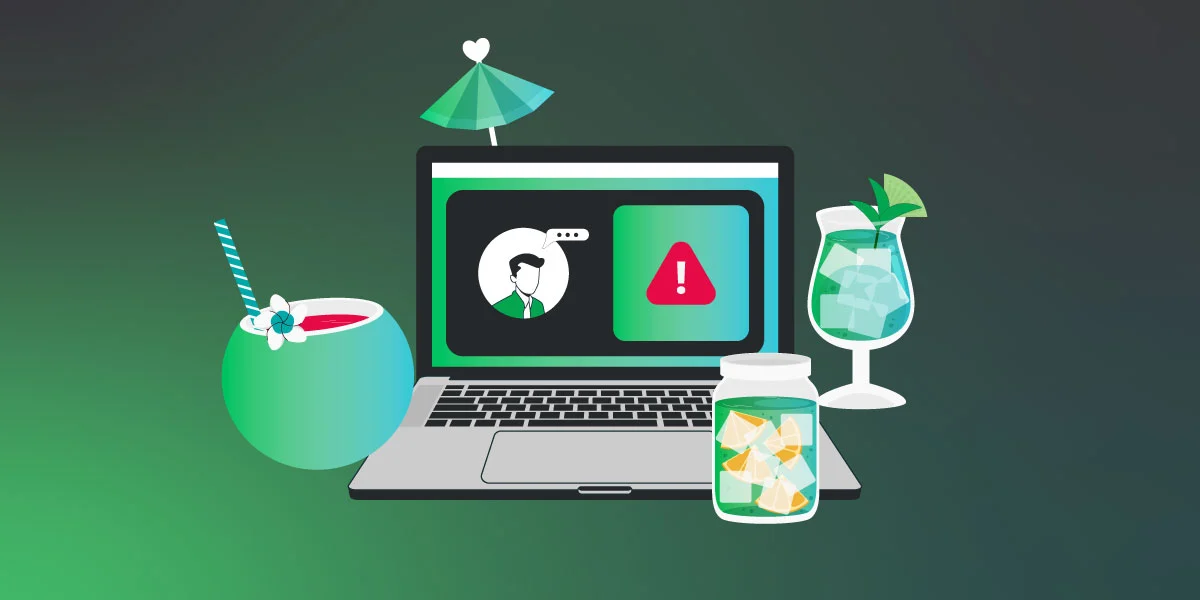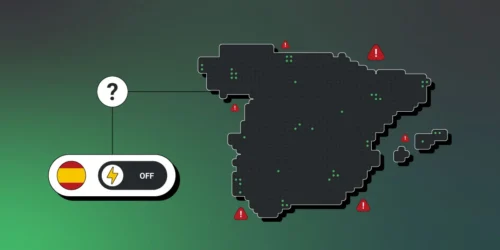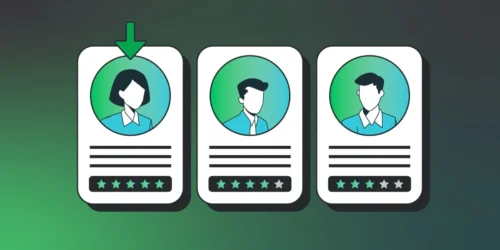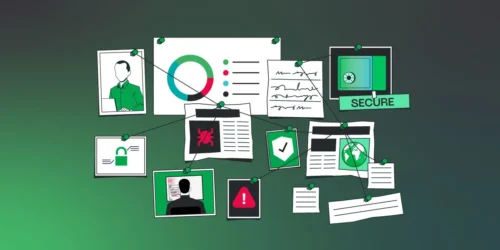5 Cybersecurity Tips for a Stress-Free Vacation
April, 16, 2025
3 minutes read

Going out on vacations is always an exciting time for relaxation and adventure, but it’s also a period when cybercriminals ramp up their activities, targeting unsuspecting travelers. Whether you’re celebrating a holiday, your honeymoon, or spring break, being on vacation makes us more vulnerable and more likely to fall for cyber scams. To ensure that a cyberattack does not ruin your vacation, it’s crucial to implement cybersecurity measures. Don’t worry! These recommendations will not be time-consuming and will ensure that you remain stress-free and safe. Here are five essential tips to protect yourself and your data during your vacation getaway.
1. Update Your Devices Before You Go
Before heading out, give your digital ecosystem a pre-departure check-up. Just as you would check that you have everything you need for your vacation, make sure all your devices have the appropriate updates. This includes smartphones, laptops, tablets, and any other device that should be up-to-date with the latest software and security patches. Manufacturers regularly release updates to fix vulnerabilities that cybercriminals may exploit. Regular updates improve performance and significantly enhance your security, providing protection against known threats.
2. Use a VPN During Your Trip
While a public Wi-Fi may seem like a lifesaver when you are relaxing at the beach, it can be an open door to cybercriminals. When you connect to public Wi-Fi networks, such as those found in hotels, airports, and cafés, it is essential to use a Virtual Private Network (VPN). A VPN encrypts your internet traffic, making it much more difficult for hackers to intercept your data. This is especially important when accessing sensitive information, such as online banking or personal accounts. Some of these networks may even be fake, so you must be wary of any suspicious names. Many reliable VPN services are available, so choose one that fits your needs and install it before your trip.
3. Enable Two-Factor Authentication (2FA)
Two-factor authentication (2FA) is a powerful tool that adds an extra layer of security to your online accounts. By enabling 2FA, you require not just your password but also a second form of verification, such as a text message code or authentication app, to access your accounts. This makes it much harder for unauthorized users to gain access, even if they manage to obtain your password. Before your trip, activate 2FA on your most critical accounts, including email and banking.
4. Avoid phishing traps!
Being distracted is the best ally for social engineering. Phishing attacks increase significantly during holiday periods, so beware of suspicious emails or text messages. Check URL addresses, contact your bank or service directly in case of any discrepancy, and do not click on any link or file if you are not sure of its legitimacy.
5. Monitor Your Accounts
After your vacation, keep a close eye on your bank and credit card statements for any unauthorized transactions. Cybercriminals often take advantage of travelers, so proactive monitoring is crucial. If you notice any suspicious activity, report it immediately to your financial institutions. Many banks offer fraud alerts and account monitoring services to help you stay on top of your accounts. Companies are also more vulnerable during the holiday season because there are fewer people on the lookout for cyber threats. Implementing an endpoint management system that allows for full visibility is crucial to ensuring the cyber safety of a company. Batuta simplifies your cybersecurity management and allows for a stress-free vacation period all year round.




